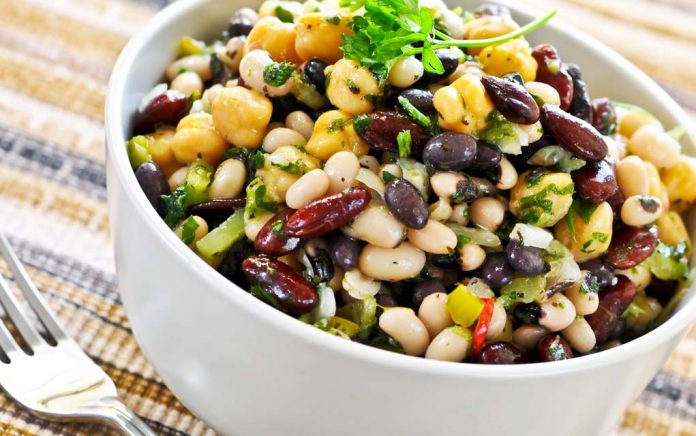
Quick: can you name a few supplements that are good for your memory? If you said B vitamins, you get a few points, and the same goes for omega-3 fatty acids and co-enzyme Q10. But did you say pyrroloquinoline quinone (PQQ)? If you did, congratulations! You can pass go and collect bonus points.
But chances are fairly good you did not mention PQQ. Memory problems are of great concern for people of all ages, and finding natural ways to save and/or enhance memory is the topic of much research. One of the substances under the microscope, so to speak, is PQQ.
What is pyrroloquinoline quinone?
Since its discovery in 1979 by J.G. Hauge, pyrroloquinoline quinone (also known as methoxatin) has suffered from an identity crisis. For a while, some experts insisted it was a vitamin and should be included with the B family complex.
An article from the University of California, Davis, in 2009 answered the question in a fascinating way, noting that PQQ was first identified as an “enzyme cofactor in bacteria” and also has been named as “a component of interstellar dust” and as a “potent plant growth factor.” A cofactor is a molecule that acts as a helper for enzymes that need assistance to function properly.
The general consensus seems to be that PQQ is a “novel biofactor” that plays an important role in human and animal health. In particular, PQQ has been shown to be an antioxidant and a factor in cognitive function and memory, although it also has been named as a player in cardiac health, the immune system, improved energy, and neonatal growth. But let’s return to its role in memory.
PQQ is said to be involved in cell signaling pathways, which means it plays a role similar to that of a traffic cop, keeping the nerve cells in the brain on the right track to maintain healthy memory and other mental functions such as recall and cognition as we get older. The brain needs energy to operate optimally, and PQQ supports the mitochondria, which are the energy-producing organelles in cells.
PPQ and the brain: Studies
Although there have been animal studies using PQQ, a few human clinical trials have been conducted as well. One double-blind, placebo-controlled study enrolled 71 healthy adults aged 45 to 65 who took either foods containing PQQ only, PQQ plus coenzyme Q10, or placebo foods for 12 weeks. All the participants completed tests for recall, word memorization, and others that challenged their cognitive functioning.
The researchers found the following:
- Participants in both the PQQ only and PQQ plus CoQ10 groups showed a significant improvement in recall and word memorization
- Subjects in the PQQ-only group showed a tendency for improvement in a test of cognitive health
- Participants in the PQQ plus CoQ10 group showed significant improvement on some parts of a test for directed attention
- The researchers concluded that consuming foods that contain PQQ “will improve some of high-level cerebral functions including attention and discriminating and processing abilities,” and that PQQ combined with CoQ10 could enhance the benefits.
In another double-blind, placebo-controlled clinical trial, 65 adults aged 50 to 70 who suffered with forgetfulness were assigned to take either 20 mg PQQ only, 20 mg PQQ plus 100 mg CoQ10, or a placebo daily for 24 weeks. All the participants were evaluated using a battery of tests.
Read more about vitamin K and your memory
At the end of the trial, the investigators concluded that “PQQ was found to improve not only immediate memory, but also other higher brain functions such as spatial awareness” and that the addition of CoQ10 enhanced the benefits.
Where to get PPQ
Foods that contain PQQ include beans, celery, cocoa, fermented foods (e.g., tempeh, natto), kiwi, papaya, parsley, potatoes, spinach, and wine. Breastfed infants have a super source in breast milk. PQQ also is available in supplement form, and the suggested dose is 10 mg twice a day.










